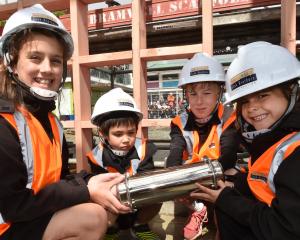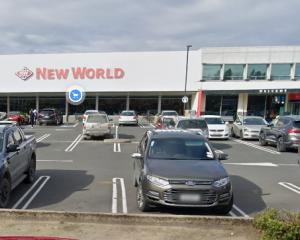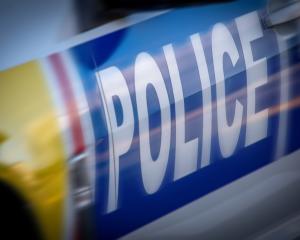Securing rapid Covid-19 tests has not been a problem for some southern businesses who say the devices will help them continue to operate when Omicron hits.
Amid criticism of the Government for "consolidating" rapid antigen tests (Rats) ordered by the private the sector, no southern businesses that provide essential services that were spoken to by the Otago Daily Times yesterday were concerned about the situation.
Queenstown Airport chief executive Glen Sowry said the airport had implemented surveillance testing for its staff since it successfully lobbied the Government, along with 25 other companies, for fast-track permission to import Rats.
Mr Sowry said essential frontline operational staff were administering self-tests on a regular basis before work.
Weekly surveillance testing was also taking place for team members working in the office areas on site at Queenstown Airport.
He dubbed the Rats programme an "additional layer of protection and comfort", in addition to mask wearing and other measures.
There was enough stock on hand for the next two months, and he was confident it had secured ample stock to continue testing staff for at least the next six months.
Dynes Transportation health and safety milk coach Andy Robertson said the company had test kits, but had not used them.
If someone came to work feeling ill, they would be used, but at present the company was not undertaking regular surveillance testing.
About half a dozen staff members each had a box of 25 Rats.
While he was unsure about the quantity the company had on hand, he said more were on their way.
Ryman Healthcare corporate affairs manager David King said the company’s aged-care facilities in Australia had shown Rats were "crucial" for managing fast-paced Omicron outbreaks, because of the speed results could be obtained.
In Australia the company sourced the tests privately.
He was confident the consolidation of test kits by the New Zealand Government would not negatively affect access.
The company had been doing surveillance testing for around a year, and he expected that the saliva tests they used would increasingly be supplanted by Rats.
Saliva tests were more accurate, but usually took around 24 hours to return a result, as opposed to around 15 minutes for Rats.
A Civil Aviation Authority spokesman said it was working with the Ministry of Health on how Rats should be deployed and was expecting guidance to be issued shortly.
It was only carrying out surveillance testing, using PCR and saliva tests, at Auckland and Christchurch airports.
Dunedin City Council general manager customer and regulatory Claire Austin said the council was "actively considering" the procurement of rapid antigen tests but access to them would depend on supply and the confirmation of what defines a critical worker.
Countdown corporate affairs, safety and sustainability director Kiri Hannifin said the company was already using Rats in its distribution centres on a voluntary basis and was working to extend their use.
It was trying to secure more kits as a priority, she said.
- Has your Rats order been "consolidated"? Email: oscar.francis@odt.co.nz












